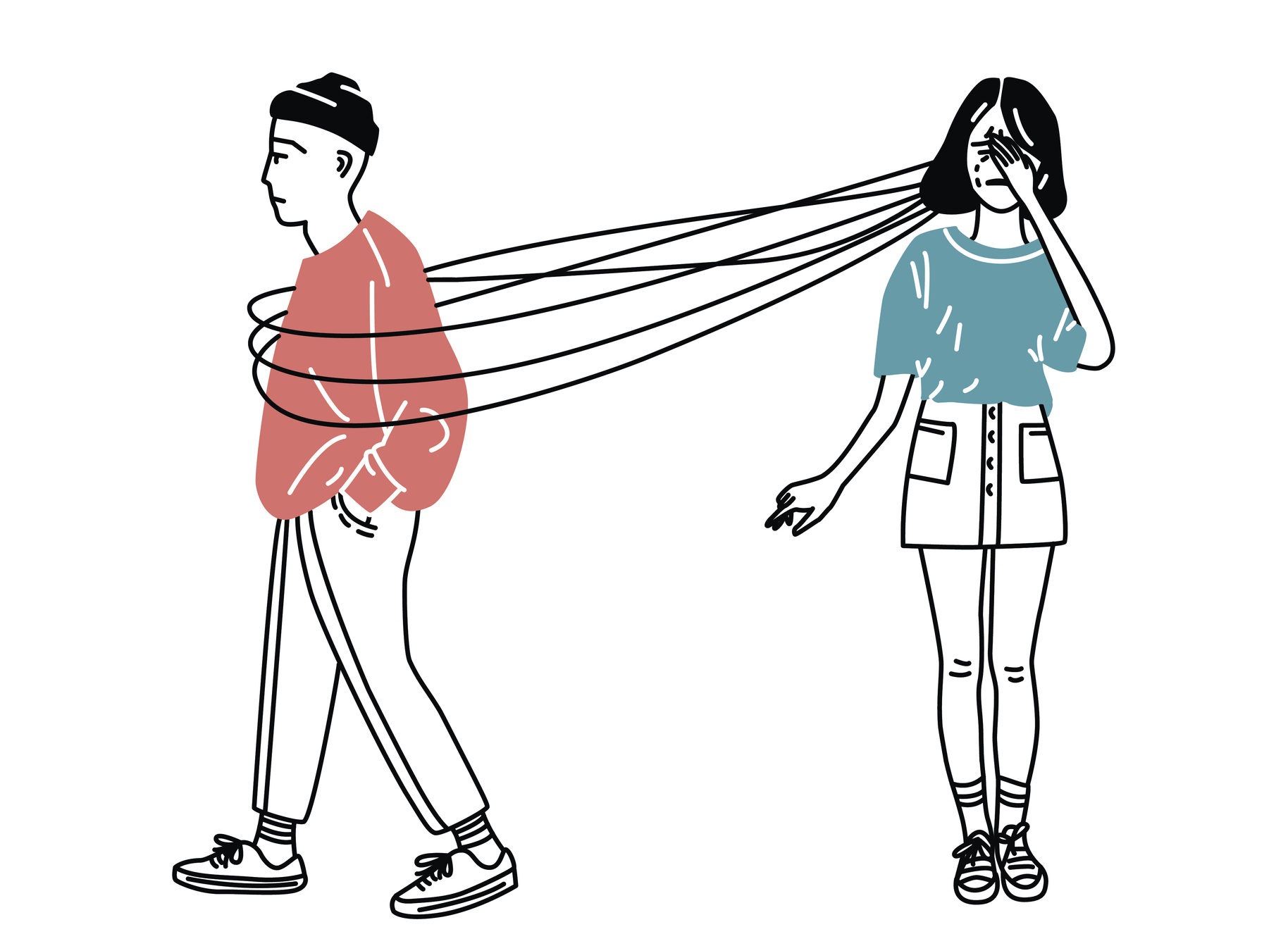Working with couples is a large part of my psychotherapy practice, and I consider it deeply meaningful work to help romantic partners decrease conflict/distance in the relationship while increasing a sense of harmony, intimacy and teamwork.
I work extensively with both straight and gay couples who are either seriously dating, living together, considering marriage, newly married, married for years, on the verge of break up and/or in crisis in some way. Some couples that see me are dealing with chronic communication issues that they are finally ready to address and some other couples have been thrust into chaos due to infidelity, addictive behaviors (with substances, pornography, gambling, spending, etc.), financial emergencies, secrets uncovered or a range of other complicated situations.
Whatever your situation is, I can help you slow down and create the stability and calm you need in order to work on what needs to be worked on. As I help couples establish a safe-enough environment that is conducive to constructive communication, I also begin helping them to understand what is required from each partner in order to move the relationship in the right direction.
Q
What happens in couples therapy?
A
I am very active and engaged in our sessions, and we discuss what works in the relationship, what doesn’t work, and what each partner is wanting and needing from the other. Fundamentally I do two things:
1.
I help partners better understand the emotional dynamics of their particular relationship and how those dynamics interact with their communication and relational patterns.
2.
I provide clear and user-friendly tools that partners can use to get beyond their familiar communication-breakdowns. If partners want more harmony, connection, intimacy and teamwork in their relationship, then there are very specific things they need to be doing and equally specific things they need NOT to be doing in how they communicate and relate to each other.
I take great care to ensure that my clients are crystal clear on these things.
Q
What’s your style as a couples therapist?
A
My approach to couples therapy is down-to-earth, practical and results-oriented. I do not sit passively and watch partners fight, a trap many couples therapists fall into. I have no trouble intervening when necessary and guiding our sessions to keep us on track and productive so partners feel they are actually learning and benefitting from the process.
I help partners develop tools and strategies that they can use—both inside and outside of times of conflict—to enhance the relationship. One of the things that the couples I work with benefit from is my supportive but straightforward approach. I prefer not to beat around the bush but instead to tell couples clearly what I think needs to happen in order for the relationship to heal, grow and get better. The safe, respectful and comfortable environment I create with my clients in couples therapy allows for new types of conversation between partners, new ways of processing emotions and new ways of connecting with each other.
Q
What's the difference between relationship counseling, couples therapy, marriage counseling, and so on?
A
There is no difference—these are just different names for essentially the same processes.
Practitioners around the country (and the world), in many fields, use different phrases and
terms depending on their geography, training, history and preferences. What matters most
for any couple is to find a practitioner who both partners feel comfortable with and
confident in. The practitioner you choose should be able to demonstrate (in the first session
and all subsequent sessions) an ability to genuinely help partners take the relationship in
desired directions.
Q
Is it too early in my relationship to seek couples counseling?
A
That’s like asking, "Is it too early to hire a personal trainer to get physically healthy?" If a relationship feels like it has potential, but you and your partner are hitting some obstacles, why not do some deeper learning about what you both can do together to neutralize the problems before they fester and become entrenched? Actually a great many of the couples I’ve seen over the years have said, “We wish we’d have come to see you several years back.” As the saying goes, “Better to do preventative medicine than emergency medicine.”
Q
What if I have been dissatisfied with previous experiences of couples therapy and relationship counseling?
A
Many couples I’ve worked with have had less than satisfying experiences in couples therapy before coming to see me. That is deeply unfortunate, and I believe it has something to do with the fact that the great majority of therapists are so deeply steeped in individual therapy that they have had far less experience dealing with group/partner/family dynamics.
Working with me is different because my earliest training 20 years ago was heavily focused on relational dynamics and constructive communication, and I’ve been building on that knowledge and those experiences ever since. Managing the complexity of different personalities, competing needs, conflicting opinions and strong emotions in each session is something I’m very familiar with.
Q
Do you use one particular theory when you do couples counseling?
A
No, I’m not in favor of anything resembling a “cookie cutter” approach. Throughout the years my approach to couples therapy has been deeply informed by many mentors and colleagues in the NYC therapy world, as well as by my many years of experience as a clinician, supervisor and teacher. Beyond that, my method of practice has been deeply influenced by these seminal thinkers.
-
Harville Hendrix, Imago Relationship Therapy, Getting the Love That You Want
- John Gottman, Gottman Method, The Seven Principles for Making Marriage Work
- Sue Johnson, Emotionally Focused Therapy, Love Sense: The Revolutionary New Science of Romantic Relationships
- Amir Levine & Rachel Heller, Attachment Theory, Attached: the new science of adult attachment
- Debra Tannen, Communication Theory, You Just Don’t Understand
- Patterson, Grenny,
McMillan & Switzler, Communication Theory, Crucial Conversations
- Virginia Satir, Family Systems Theory, The Satir Model









